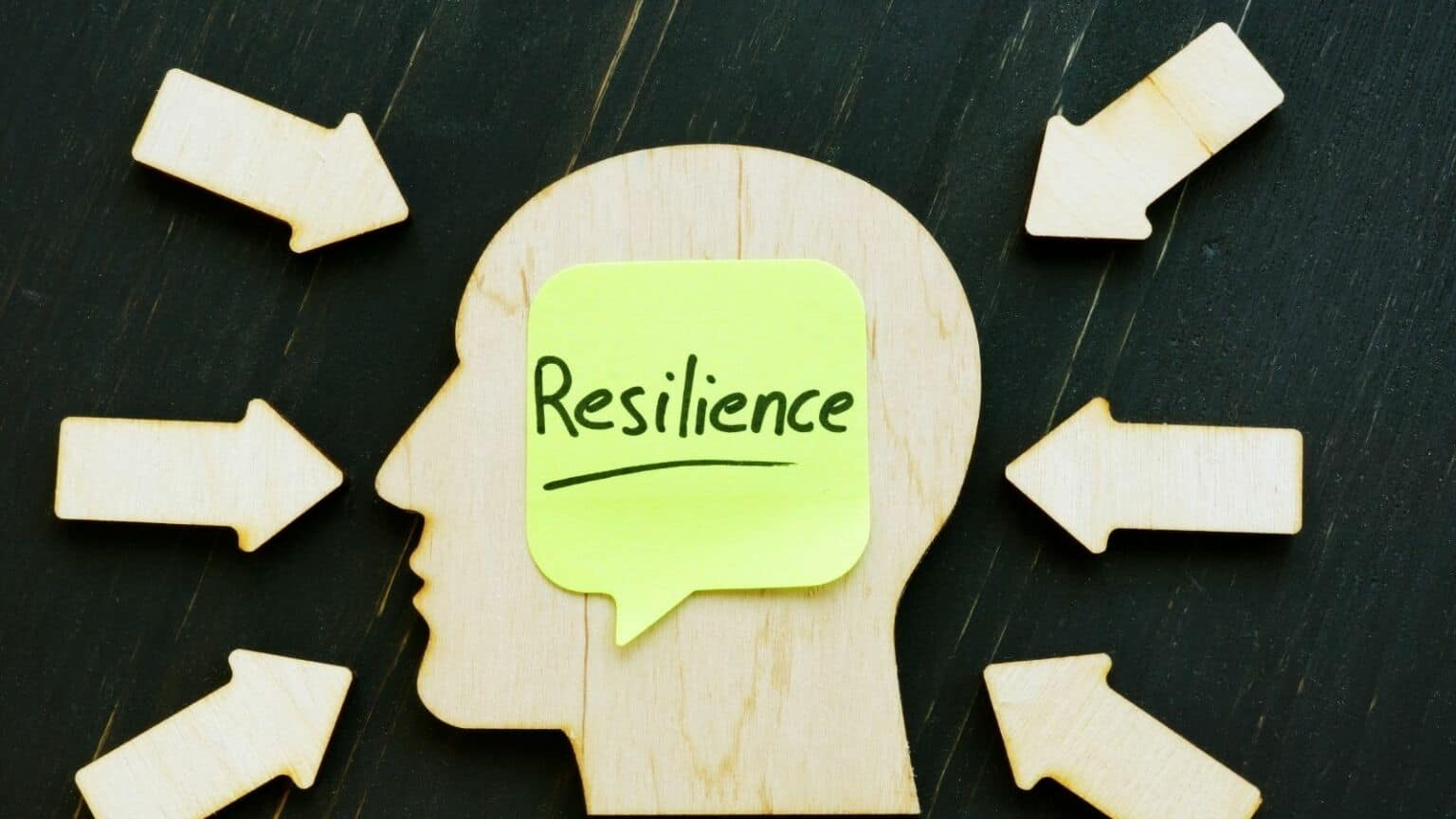Building Mental Resilience: A Path To Personal Growth

Table of Contents
Understanding Mental Resilience
Defining Mental Resilience
What does it truly mean to be mentally resilient? Mental resilience, also known as psychological resilience or emotional resilience, is the ability to bounce back from adversity, adapt to change, and maintain a positive outlook even in the face of hardship. It's about possessing the inner strength to cope with stress effectively, learn from setbacks, and emerge from challenges with renewed purpose. It's not about avoiding difficulties, but about navigating them with grace and determination. Developing strong mental resilience is a powerful tool for personal growth and overall well-being. It enhances your ability to handle the inevitable stresses of life and contributes significantly to your overall emotional strength and psychological hardiness.
- The ability to cope with stress effectively.
- Maintaining a positive outlook despite challenges.
- Adapting to change and uncertainty with flexibility and resourcefulness.
- Recovering from setbacks quickly and efficiently, viewing them as learning opportunities.
- Learning from experiences, both positive and negative, to foster personal growth and wisdom.
Practical Strategies for Building Resilience
Cultivating Self-Awareness
Understanding your strengths, weaknesses, and triggers is the crucial first step in building resilience. Self-awareness allows you to identify your personal stressors and develop effective coping mechanisms. This involves practices like mindfulness and self-reflection.
- Practice mindfulness meditation: Regular meditation helps you become more attuned to your thoughts and emotions without judgment, allowing you to manage stress more effectively.
- Keep a journal to track emotions and thoughts: Journaling provides a valuable outlet for processing your experiences and identifying patterns in your emotional responses. This enhances your emotional intelligence.
- Identify personal stressors and develop coping mechanisms: Recognize situations, people, or thoughts that trigger negative emotions, and create a personalized toolkit of healthy responses.
- Seek feedback from trusted sources: Asking for honest feedback from friends, family, or mentors provides valuable external perspectives on your strengths and weaknesses.
Developing Healthy Coping Mechanisms
Developing healthy coping mechanisms is essential for managing stress and negative emotions effectively. These strategies promote both your physical and mental well-being.
- Engage in regular exercise: Physical activity releases endorphins, which have mood-boosting effects. Aim for at least 30 minutes of moderate-intensity exercise most days of the week.
- Prioritize sufficient sleep: Adequate sleep is crucial for emotional regulation and cognitive function. Aim for 7-9 hours of quality sleep each night.
- Maintain a balanced diet: Nourishing your body with healthy foods provides the energy and nutrients you need to cope with stress.
- Practice relaxation techniques: Deep breathing exercises, yoga, and progressive muscle relaxation are effective techniques for reducing stress and promoting relaxation.
- Engage in hobbies and activities you enjoy: Making time for leisure activities helps reduce stress and promotes a sense of well-being. These self-care practices are vital for resilience building.
Building a Strong Support System
Social connection is a powerful buffer against stress. Building a strong support system provides you with a network of people who can offer emotional support, encouragement, and practical assistance during challenging times.
- Connect with supportive friends and family: Nurture relationships with people who uplift and encourage you.
- Join support groups or communities: Connecting with others who share similar experiences can provide valuable support and a sense of belonging.
- Consider seeking therapy or counseling: A therapist can provide guidance and support in developing coping strategies and processing difficult emotions.
- Build positive relationships: Focus on cultivating healthy, mutually supportive relationships that contribute to your overall well-being. This emotional support is critical for your mental strength.
Overcoming Challenges and Setbacks
Reframing Negative Thoughts
Negative self-talk can significantly impact your resilience. Learning to challenge and reframe negative thoughts is a crucial skill for building mental strength.
- Identify negative thought patterns: Become aware of recurring negative thoughts and beliefs that undermine your self-confidence.
- Challenge the validity of negative thoughts: Question the accuracy and helpfulness of negative thoughts. Are they based on facts or assumptions?
- Replace negative thoughts with positive affirmations: Develop positive statements that counter negative thoughts and promote self-compassion.
- Practice cognitive restructuring: This technique involves identifying and changing negative thought patterns through cognitive behavioral therapy (CBT) principles.
Learning from Failure
Setbacks are inevitable. A resilient individual views challenges as opportunities for growth and learning rather than insurmountable obstacles.
- Analyze what went wrong: Reflect on past experiences to understand the factors that contributed to setbacks.
- Identify areas for improvement: Focus on what you can learn from your mistakes and how you can adapt your approach.
- Adjust your approach accordingly: Be willing to change your strategies and try new approaches based on your learnings.
- Focus on progress, not perfection: Celebrate your successes and acknowledge your progress, even if it’s incremental. A growth mindset is key to resilience training.
Conclusion
Building mental resilience is a journey, not a destination. By incorporating the strategies discussed – self-awareness, healthy coping mechanisms, a strong support system, and reframing negative thoughts – you can cultivate greater emotional strength and navigate life's challenges with more ease. This empowers personal growth and leads to a more fulfilling life. Start building your mental resilience today! Invest in your emotional well-being and unlock your full potential. Learn more about resilience building techniques and begin your journey towards lasting personal growth. Embrace the power of resilience and watch your personal growth flourish.

Featured Posts
-
 D Wave Quantum Qbts Stocks Monday Plunge A Detailed Analysis
May 21, 2025
D Wave Quantum Qbts Stocks Monday Plunge A Detailed Analysis
May 21, 2025 -
 Exploring The Reasons Behind D Wave Quantum Qbts S Stock Price Jump On Monday
May 21, 2025
Exploring The Reasons Behind D Wave Quantum Qbts S Stock Price Jump On Monday
May 21, 2025 -
 Occasionverkoop Abn Amro Impact Van Toenemend Autobezit Op De Markt
May 21, 2025
Occasionverkoop Abn Amro Impact Van Toenemend Autobezit Op De Markt
May 21, 2025 -
 5 Podcasts Para Disfrutar Del Misterio Suspenso Y Terror Recomendaciones
May 21, 2025
5 Podcasts Para Disfrutar Del Misterio Suspenso Y Terror Recomendaciones
May 21, 2025 -
 Giakoymakis I Kroyz Azoyl Ston Teliko Champions League Xari Ston Ellina Straiker
May 21, 2025
Giakoymakis I Kroyz Azoyl Ston Teliko Champions League Xari Ston Ellina Straiker
May 21, 2025
